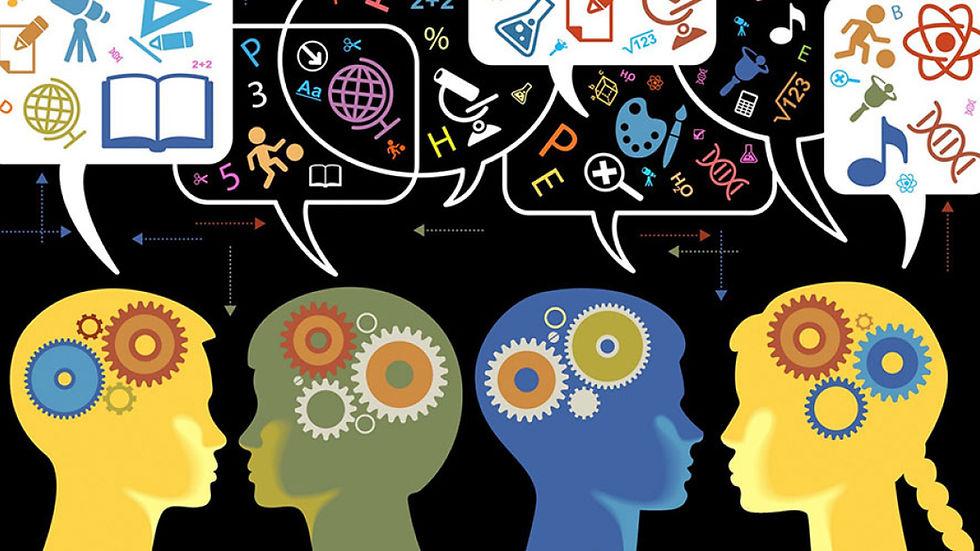Students don't need to like their teachers to learn from them
- Joanne Jacobs

- May 1, 2025
- 2 min read
My algebra teacher wasn't a warm and fuzzy person. I didn't like her as a person, perhaps because I didn't know her as a person. I liked her as an algebra teacher.

Nowadays, as schools struggle to get students to show up and do the work, a popular "edu-homily" is that students won't learn from teachers they don't like, writes Robert Pondiscio. It's all about the relationship.
Not true, he argues. While positive teacher-student relationships matter, teaching is not a popularity contest. "The most powerful driver of student learning isn't personal chemistry with a teacher; it's the quality of instruction."
Teachers' "primary responsibility is to ensure that instruction is clear, purposeful, and effective," Pondiscio writes. Students need to respect their teachers "and trust that they are competent and fair."
That was my algebra teacher: She was clear, competent and fair.
While liking a teacher may not lead to learning, the reverse often happens, Pondiscio writes. Students tend to like teachers who help them learn, even if they're strict or demanding, research has found. Competence and consistency builds trust and admiration.
Bob Dylan sang about the flip side: "I ain't saying you treated me unkind. You could have done better, but I don't mind. You just kinda wasted my precious time."
The ideal is to be a "warm demander," writes Julie Kuntz on The Teaching Channel. As a novice teacher, she tried to create a caring, supportive "good vibes only" classroom with "candy rewards, holiday parties, hugs and high fives." If students struggled, she'd swoop in to fix it. They didn't develop their resilience or problem-solving skills or learn to challenge themselves.



Comments